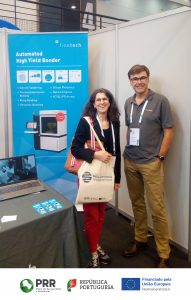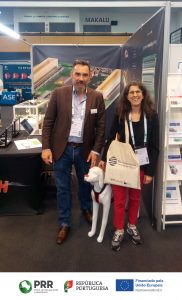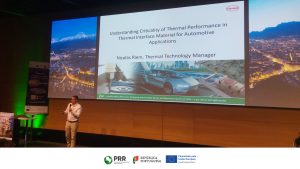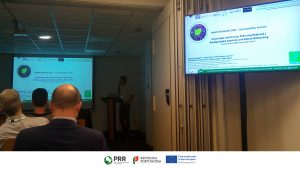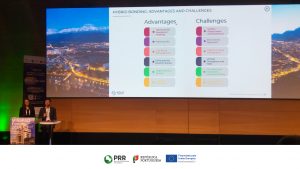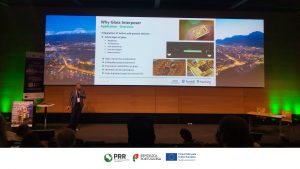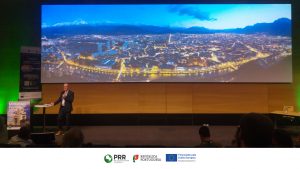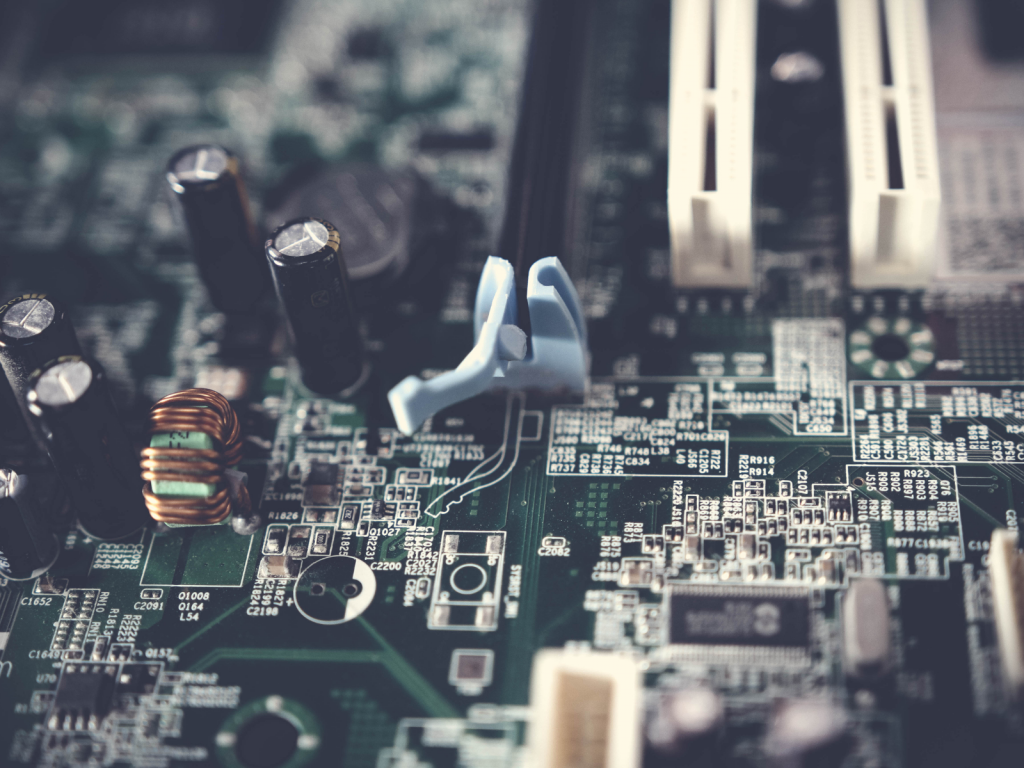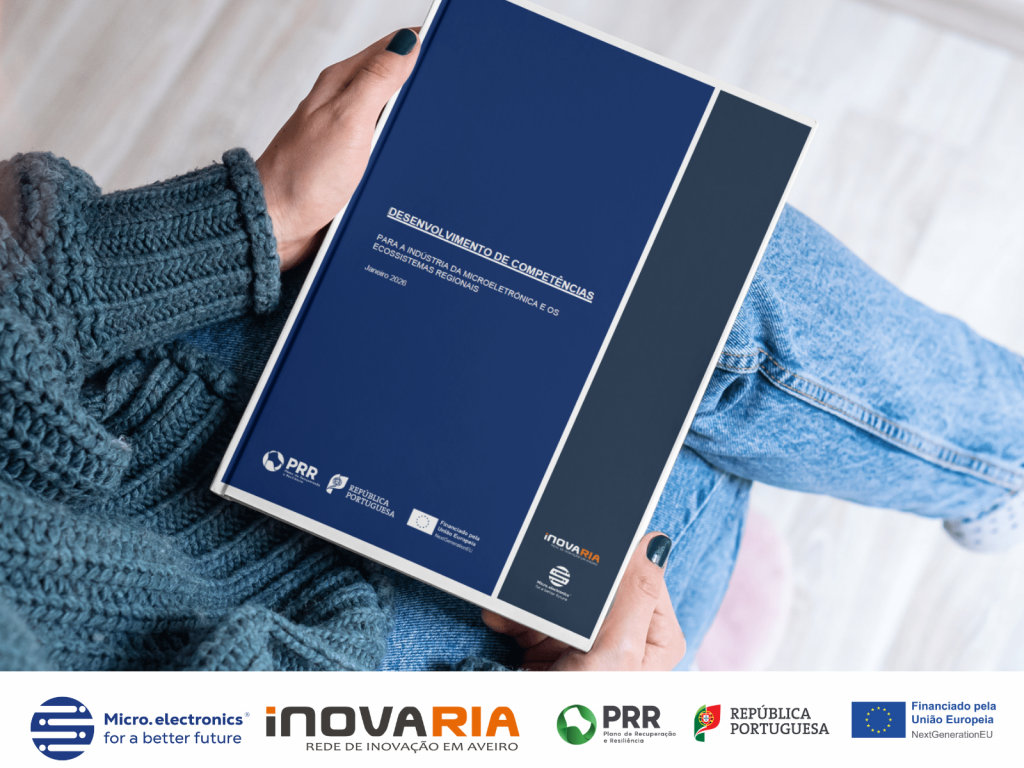The second and final day of IMAPS 2024 was dedicated to the presentation of projects, products and solutions focused on sustainability, energy management and process optimization, with a main focus on the automotive industry.
The opening session was led by Thomas Romont, from IFETEC – France, with the presentation “What are our common challenges for the future?”, highlighting the importance of establishing guidelines to support professionals in developing activities in this area. The manuals made available by IPC designers France were discussed.
The first technical sessions focused on the automotive sector, covering topics such as thermal performance in thermal interface materials and the packaging and reliability challenges of innovative current sensors. Next, sustainability was discussed, with emphasis on the low recycling rate (22%) of electronic waste and forecasts indicating that waste will grow five times faster than it is recycled. Measures such as the repair of electronic components and the use of additive manufacturing were highlighted to reduce this problem. It was stressed that the battery industry will be responsible for extracting large quantities of copper over the next 25 years, emphasizing the need to reduce the use of this material wherever possible and promote its reuse within the circular economy.
In the final session, YOLE Group presented the trends and challenges in advanced 3D heterogeneous integration manufacturing, while Fraunhofer IZN introduced a hermetically sealed glass interlayer platform for photonic integrated circuits. The event was closed by Jean-Marc Yannou, from ASE.
During the day, contacts were made with several participating companies, including:
- FINETECH – A leading German manufacturer of equipment for sub-micron die bonding and SMD rework, focusing on sectors such as photonics, microelectronics and medical devices. Sylvain Dulphy is the representative in Portugal, with plans to visit potential customers by the end of the year and take part in events in the Microelectronics area to better explore the local market.
- HIDRID – A Swiss company specializing in the design, manufacture and marketing of high-tech electronic products, interested in learning more about the Portuguese microelectronics ecosystem.
- SYNERGIE CAD PSC – A French company from Toulouse that offers flexible, value-added services in the industrialization and production of semiconductors, facing challenges in recruiting human resources specialized in electronics.
Talks were also held with representatives of Accelonix, a supplier specializing in solutions for the electronics industry; EGIDE, a leader in hermetic packaging for microelectronic and optical components; and ELEMCA, a private laboratory that monitors and evaluates cutting-edge technologies.
The Microelectronics Agenda was created as part of the mobilizing agendas of the Portuguese Recovery and Resilience Plan with the aim of strengthening the production and innovation capacity of the national semiconductor and microelectronics industry. It involves a group of 17 partners and seeks to help position Portugal at the forefront of the semiconductor management, production, distribution and recycling market, capable of supplying Europe and other countries worldwide.
The 25 new products, processes and services resulting from the Agenda aim to transform the microelectronics sector and contribute to its resilience, competitiveness and ecological sustainability, and will enable the Portuguese ecosystem to monitor and anticipate the sector’s needs.
The “Microelectronics Agenda” project runs from January 1, 2022 to December 31, 2024 and is co-financed on a non-repayable basis for a total eligible amount of 6.749,3749.13 by the Portuguese Recovery and Resilience Plan through Next Generation EU.
